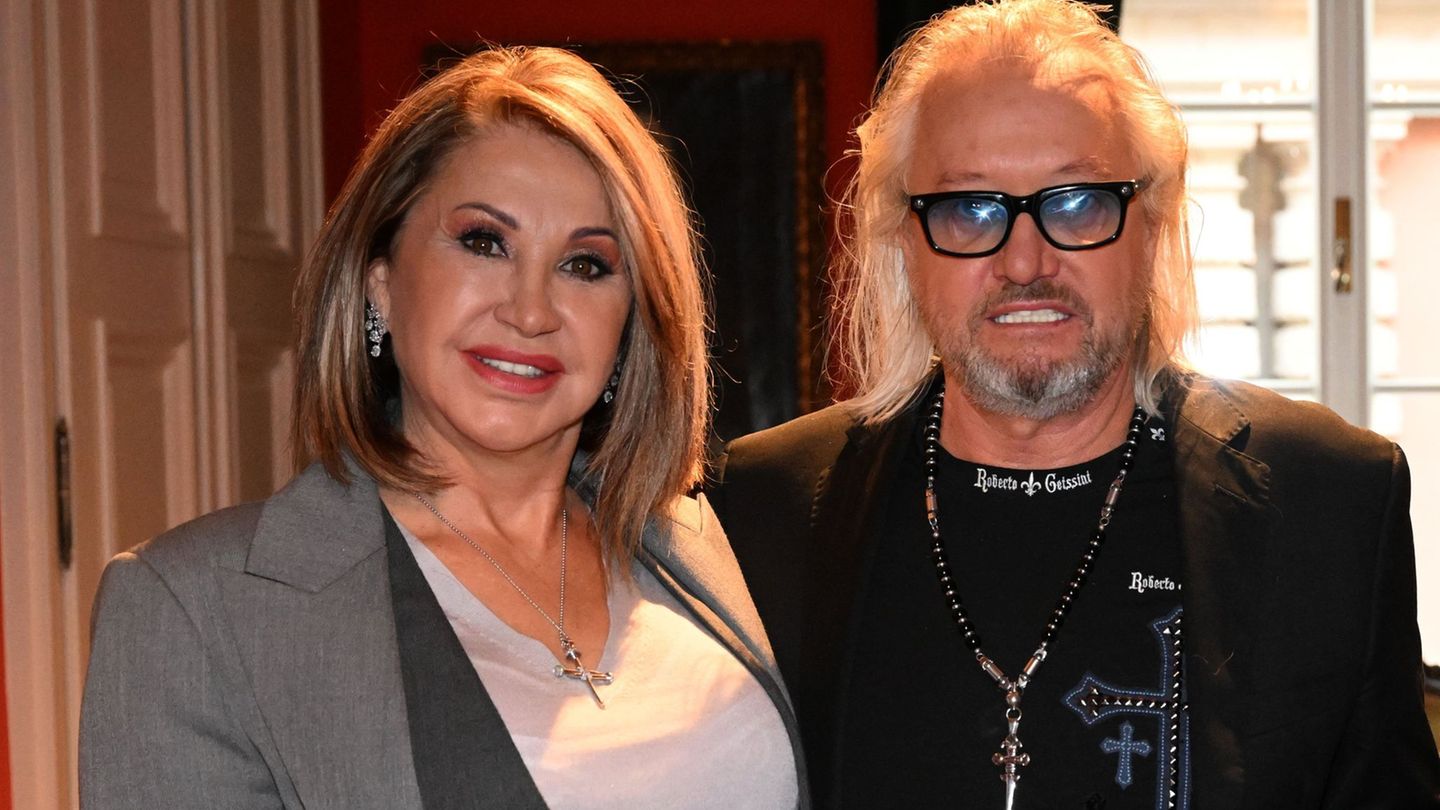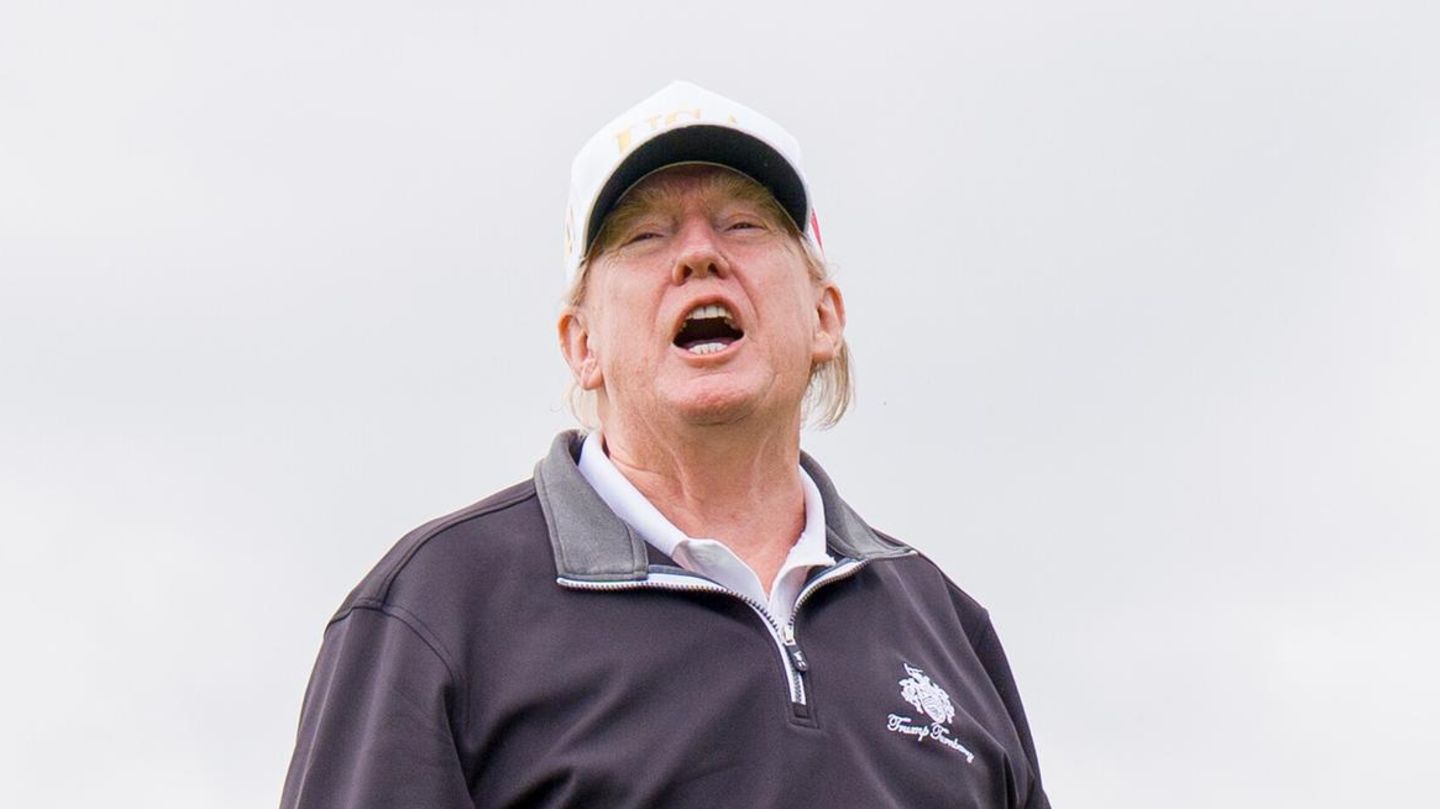Even after the attack on Ukraine, three large corporations from Germany do not want to completely give up their business in Russia. But clear demands are coming from Ukraine.
The economic advisor to the Ukrainian President, Alexander Rodnyansky, has called on three German companies to end their operations in Russia.
“It would be important for all companies to stop doing business with Russia, including Metro, Bayer and Henkel,” said Rodnyansky of the “Rheinische Post” (Friday). “They also help to finance the war by staying in Russia.” Unfortunately, the cessation of business would also affect the Russian population, “but Putin is responsible for it”.
After the start of the Russian war of aggression against Ukraine, which was illegal under international law, numerous German companies gave up their business in Russia, but other German companies want to continue there.
Metro keeps going
A Metro spokesman said on the request from Ukraine that the decision to continue operations in Russia was not easy. You also have a responsibility towards your colleagues there, and many people get their groceries from Metro. The trading group has 93 stores in Russia with around 10,000 employees, and annual sales of the equivalent of 2.4 billion euros make up a tenth of the group’s revenues.
The pharmaceutical and crop protection group Bayer is also still active in Russia. A spokesman said on Friday that promotional activities were suspended in the country and investment projects halted. In addition, all expenses “that are not related to the provision of indispensable products in the areas of health and agriculture” have been stopped. In the agricultural sector, products for the 2022 growing season have already been delivered. “Supplies for the 2023 season depend on peace in Ukraine.” Bayer argues that it does not want to deprive the civilian population of essential health and agricultural products, such as cancer and cardiovascular drugs or health products for pregnant women.
The consumer goods manufacturer Henkel has also halted investments in Russia and put advertising and sponsorship on hold. Local production and sale of everyday products, such as body care, continue. The group employs around 2,500 people in 11 plants in Russia. “A cessation of our business could have far-reaching consequences,” said a spokeswoman. In Russia there is a risk that foreign companies will be expropriated by the government – “and their local managers could be held personally liable”. The situation will “continue to be closely monitored and further measures will be decided,” said the spokeswoman.
Source: Stern
Jane Stock is a technology author, who has written for 24 Hours World. She writes about the latest in technology news and trends, and is always on the lookout for new and innovative ways to improve his audience’s experience.




